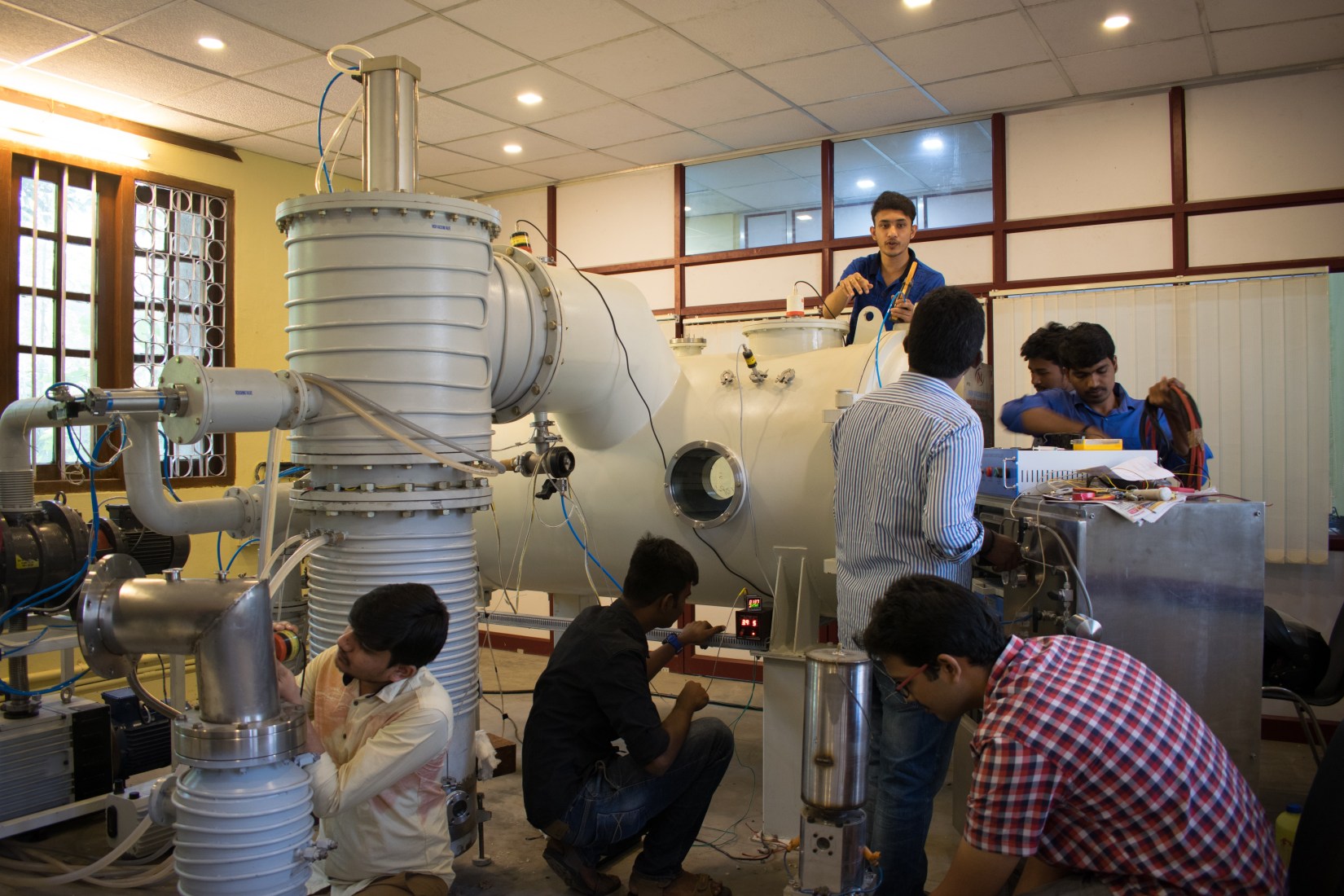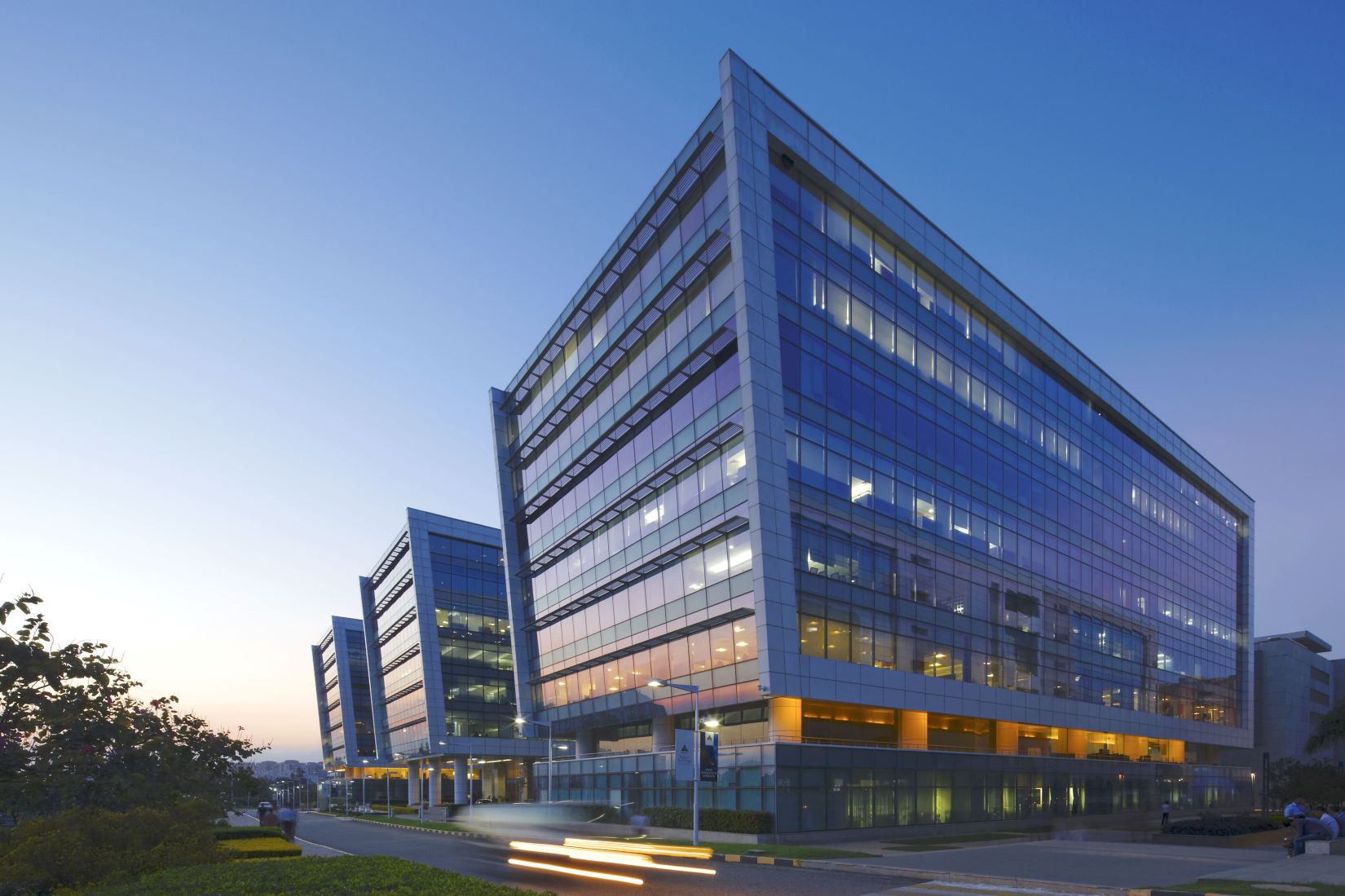Bengaluru (earlier known as Bangalore) is one of India’s most vibrant cities, throbbing with innovative ideas. The capital of the south Indian state of Karnataka is also the technology capital of India, with private enterprises boosted by a slew of government incentives.

The startup ecosystem in Bengaluru is the most mature in the country.
Bengaluru is the fourth largest technology cluster in the world after Silicon Valley, Boston and London. Colliers Research picked Bengaluru as the first of the top three cities in Asia for tech enterprises, ahead of Singapore and Shenzhen, based on socio-economic, property and human factors.
This megacity has a diverse population of over 10 million, and while it is the third wealthiest Indian city with a total wealth of $320 billion, it is powered not just by the 7,500 millionaires (and counting) and 10 billionaires (in the areas of software, ecommerce, education, real estate and garments), but by its large, educated middle-class workforce.
Just a Quick Note:
InnovationsOfTheWorld.com has partnered with Trade License Zone (TLZ) to support global innovators looking to expand internationally. Take advantage of the UAE’s Free Zones—enjoy streamlined setup, low corporate taxes, and a strategic gateway to the Middle East and beyond.
Get Your UAE Free Zone License Fast & Easy!“Bengaluru’s 3.5 million workforce (comprising 35% of its population), is mostly highly educated, highly skilled and works in the public and private sectors, financial services and consulting, and a large number,1.6 million, work in Technology and KPO. The 25,000 IT companies and 7,500 startups here have attracted about $40-45 billion venture capital over the last 10 years, and tot up exports of $45 billion.”– Mohandas Pai, Founder and Chairman of Aarin Capital
Bengaluru provides world class infrastructure for businesses and is the base for 80 percent of global tech companies in India.
SmallBusinessPrices.co.uk ranks Bengaluru as the second-best city in the world to work and live in for young innovators. Bengaluru leads the country in technology jobs, with 22% of job postings in this sector originating from here, according to job portal Indeed. Eighty percent of global IT companies have based their India operations and R&D centers here, and it has the highest number of R&D centers in India.
Eric Savage, Co-founder & CEO, Unitus Capital says, “There is a lot more innovation happening here than anywhere else in the world. Both in New York and Hong Kong where I worked before moving here, most of the people I knew were bankers or lawyers. In Bengaluru, every person I know is an entrepreneur. It’s in the DNA of the city, which makes it quite an exciting place to be in”.
Revathy Ashok, Co-founder, Strategy Garage and member of the Indian Angel Network, says, “The ecosystem in Bengaluru is really vibrant. It has built up over time and you can palpably feel the excitement of entrepreneurship. Startups choose to be here because of the benefits of peer learning and the support services available.”
“The startup ecosystem in Bengaluru is the most mature in the country, with a large pool of trained manpower who are potential entrepreneurs, academic institutions of higher learning in both technology and management, angel and institutional investors, large technology companies that are partners and customers, and incubators and accelerators,” says CS Murali, Chairman of the Entrepreneurship Cell of the Society for Innovation & Development.
Thriving consumer demand has made Bengaluru India’s richest city in per capita terms, with GDP of around $20 billion, and the state of Karnataka’s GDP is about $190 billion. It has been absorbing the highest quantum of Grade-A office space in India, about 12-13 million square feet a year, for the last 12 years. It also has the second-largest residential market in India.
Innovation has been fuelled by tech companies and the roughly 450,000 MNCs who work on products and in deep engineering. Entrepreneurship has been fuelled by people who left the big companies to start their own. “Bengaluru is a fertile place where people can imbibe and use technology”, says Pai. Taking into cognisance these happy convergences, the Karnataka government was the first in India to set up a dedicated Startup Cell with a mandate to promote Bengaluru and Karnataka as the ultimate startup destination in the world.
The Karnataka government is rolling out projects for the comprehensive development of the city that are focused on transport, mobility and waste management. Prominence to public transport and steps to decrease private vehicles in the city, easing traffic congestion, smart parking, additions to the metro lines, boost to the suburban rail, a peripheral ring road, elevated corridor, efficient waste management and increasing water supply would go a long way to meet the needs of this fast-growing city. A key feature is the Chief Minister Nava Bengaluru Yojane that will focus on the development of user-friendly infrastructure in the city, at a cost of Rs.8,015 crore in the next three years.













